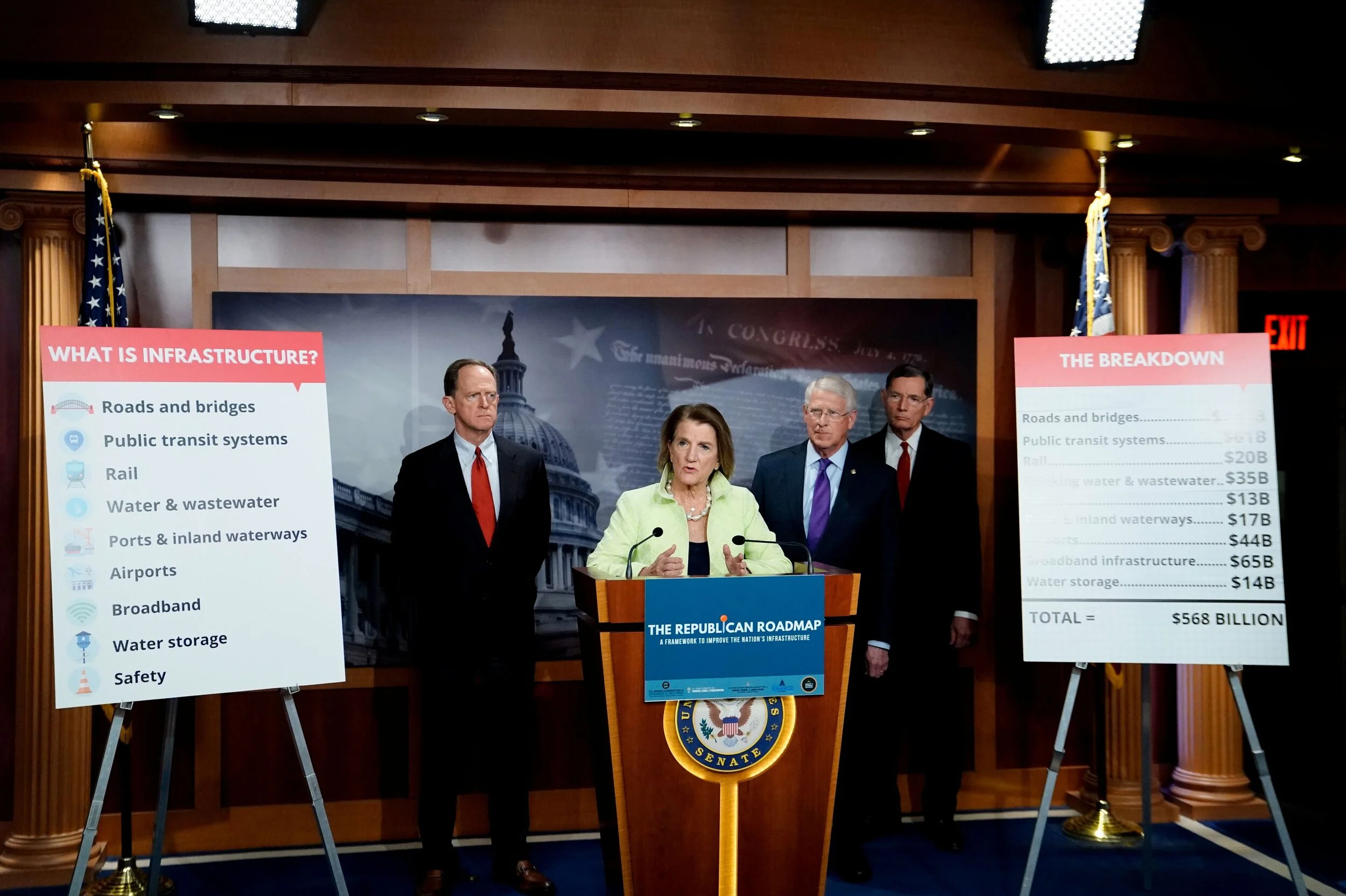U.S. Supreme Court weighs conservative groups' bid to conceal donors
The U.S. Supreme Court on Monday is set to hear arguments in a challenge by two conservative groups to a California requirement that tax-exempt charities disclose to the state the identity of their top financial donors.
The nonprofit groups - the Americans for Prosperity Foundation and the Thomas More Law Center - argued that California's policy violated the U.S. Constitution's First Amendment guarantees of freedom of speech and association. They argued that if the information were to be made public it could lead to harassment or threats to their donors.
The Thomas More Law Center is a conservative Catholic legal group. The Americans for Prosperity Foundation, which funds education and training on conservative issues, is the sister organization of Americans for Prosperity, a conservative political advocacy group - both founded by conservative billionaire businessman Charles Koch and his late brother David.
Democratic-governed California, the most populous U.S. state, has said the donor information is required from such groups as part of the state attorney general's duty to prevent charitable fraud.
The state requires that charities provide a copy of the tax form they file with the U.S. Internal Revenue Service that lists donors who contribute large amounts. Larger groups have to disclose donors who contribute $200,000 or more in any year. That information is not posted online and is kept confidential.
The Supreme Court, which has a 6-3 conservative majority, is set to hear an appeal by the groups of a lower court decision upholding the policy, which has been in place since 2010.
The two groups are backed in the case by nonprofit organizations across the ideological spectrum including liberal groups such as the American Civil Liberties Union and the Human Rights Campaign, an LGBT rights group, as well as business groups such as the U.S. Chamber of Commerce.
New York, which is one of several states with a similar requirement, filed a brief on behalf of 16 states supporting California.
The San Francisco-based 9th U.S. Circuit Court of Appeals in 2018 reversed a federal judge's ruling in favor of the groups, prompting them to appeal to the Supreme Court.
Former President Donald Trump's administration had urged the Supreme Court to hear the case even as it defended the federal government's right to request the same information.
The administration of President Joe Biden, who took office in January, has backed off Trump's full support for the groups.
Acting Solicitor General Elizabeth Prelogar wrote in court papers that California's requirements are generally lawful but still asked the court to toss out the 9th Circuit ruling and send the case back for further review on whether the groups can pursue a challenge based on how the state applied the rules to them.
The case could have broad ramifications if the Supreme Court sets a new standard that could make it easier for groups, including those active on political issues, to withhold the identity of donors. The court in the past has been hostile to political campaign finance restrictions - it ruled in 2010 that corporations and other outside groups could spend unlimited funds in elections - but has upheld disclosure requirements.
Former California Attorney General Xavier Becerra, who became U.S. secretary of health and human services last month, had been defending the policy. His successor, Democrat Rob Bonta, was confirmed by California's legislature last week.
Some congressional Democrats have called for conservative Amy Coney Barrett not to participate in the case because Americans for Prosperity spent money last year in support of her Senate confirmation as a justice.


